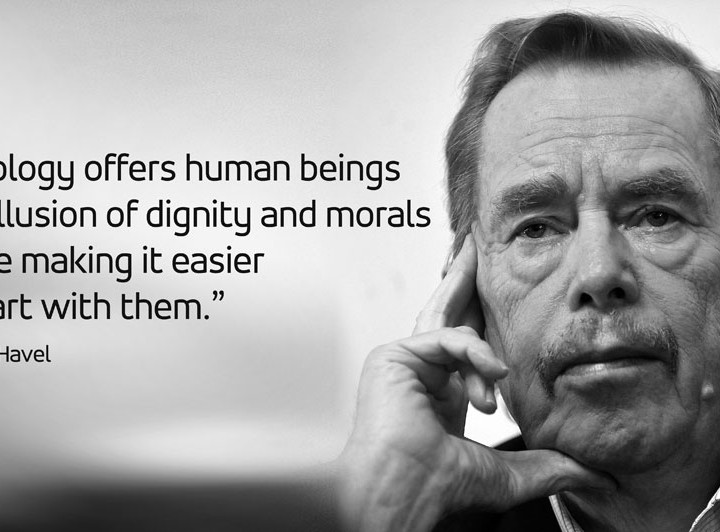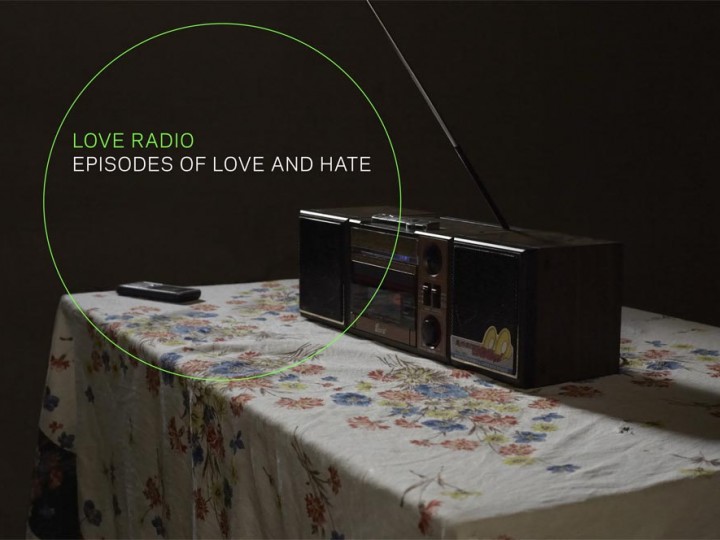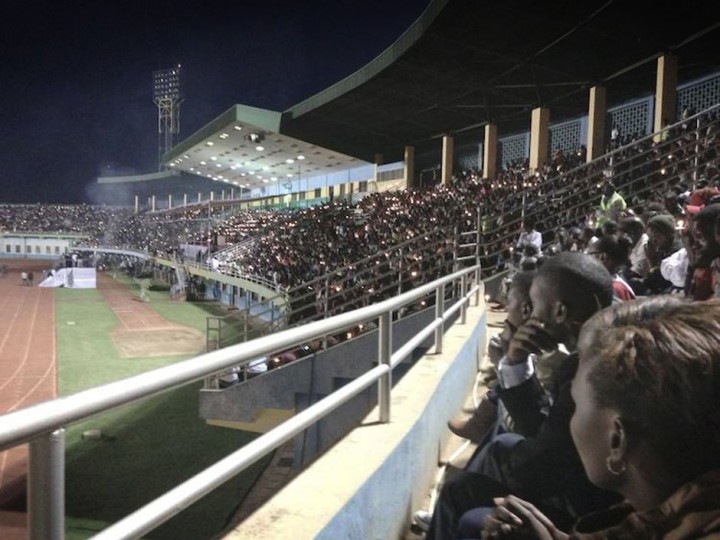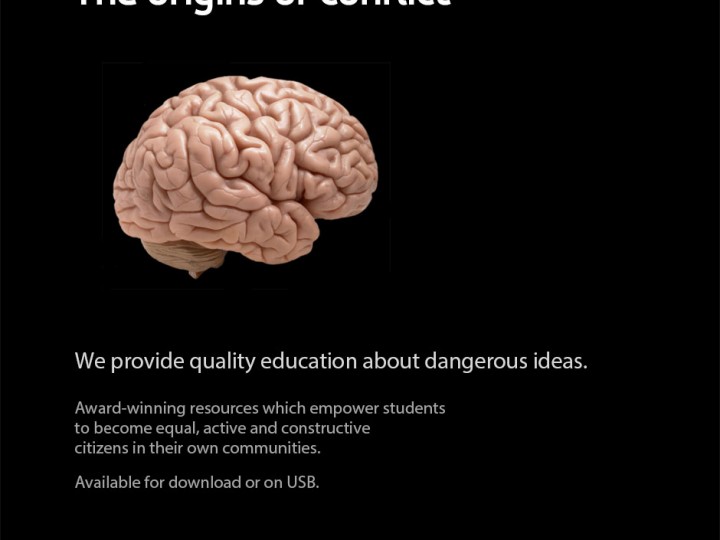“Fellow Rwandans, today we mark the 19th commemoration of the genocide against the Tutsi in 1994 in which more than one million people perished.
At nearly two decades since the genocide happened, we need to reflect on how far we have come in building our nation, providing justice, as well as uniting and bringing development to Rwandans. That is why this year we are holding commemoration in our communities so that every Rwandan has the opportunity to participate fully in activities of remembrance where they live.
Remembrance of the genocide is an obligation for every Rwandan. It is also falls on us to teach and pass on that responsibility to the youth so that they, in turn, can pass it on to successive generations. Sharing our history, some of which has been tragic, will help us prevent future evil, fight genocide ideology and anything that could take the country back to the bad past we have left behind. It will also help us focus on that which will advance the collective good of Rwandans.
This is the reason our history must be taught in schools so that those who were very young in 1994 or those born after will learn about the nefarious consequences of bad leadership, which led to the genocide in Rwanda.
Write own history
We must, therefore, do everything possible to make sure that we write our own history, preserve the physical evidence of genocide, including memorial sites, so that they do not get lost, but become symbols of remembrance and prevention of genocide.
In remembering, it is important that we comfort those who lost loved ones, orphans, widows and those completely without family so that they are not overwhelmed by the immense sorrow. They need reassurance to give them the courage and confidence to carry on. Perpetrators of genocide must also admit their crime and ask for forgiveness. These efforts are necessary in our journey to continue building the lives and unity of Rwandans, the source of strength needed to achieve self reliance as this year’s remembrance objective states.
“Everyone’s contribution and commitment is required in order for Rwanda to reach this objective.”
I would like to thank all Rwandans for your solidarity and participation in rebuilding the nation in the last nineteen years, and in bringing about unity and reconciliation which had been destroyed by bad leadership that was itself the source of genocide.
All that has been achieved has resulted from seeking solutions within ourselves, from our culture, and not from copying from outside. A case in point is the contribution of Gacaca courts to restorative and unifying justice. The courts completed their work after settling many cases that would have taken a very long time to deal with. Whatever other issues remain will also be resolved.
Concerted efforts
We have learnt in the last 19 years that Rwandans must work together and face the challenges before us, whatever they may be, and not wait for others to solve them for us. When we speak of Agaciro or dignity that is what we mean. And no one should be deprived of their dignity because it is the right of everyone wherever they may be. Genocide is a crime against humanity that has no borders and is not time-bound. That is why we will continue to go after all those who committed genocide wherever they may be and bring them to justice.
We appreciate that some countries have started to follow up and apprehend genocide suspects in their territory, and some have even been repatriated to Rwanda. This, however, has come late even when these countries have known for a long time that they had an obligation to arrest those suspected of genocide and have them tried. There are still some countries that harbour genocide suspects but persistently refuse to bring them to justice even where there is ample evidence.
These countries must do the right thing and face up to their responsibility to fight and punish the crime of genocide. We shall continue to put all our efforts in fighting those who are bent on denying or trivialising genocide, whether they are Rwandans or foreigners. Nor shall we tolerate those with intentions to propagate genocide ideology instead of working with fellow Rwandans to build our country.
In conclusion, I wish to comfort and encourage you all. In particular, I urge the survivors of genocide to remain strong and courageous, and ask all Rwandans to be close to them and help them through this difficult period of remembrance. The government will remain at your service and give you all the support possible.
God bless you.”





